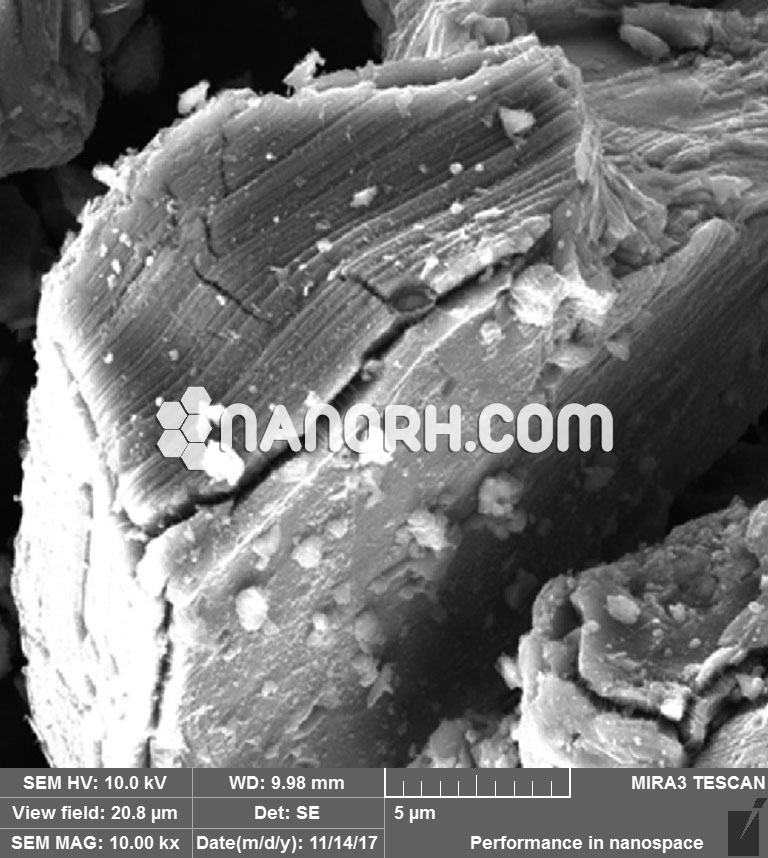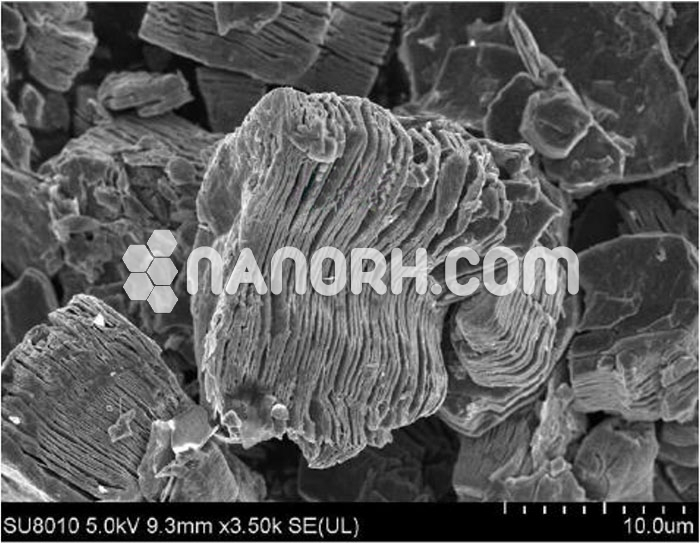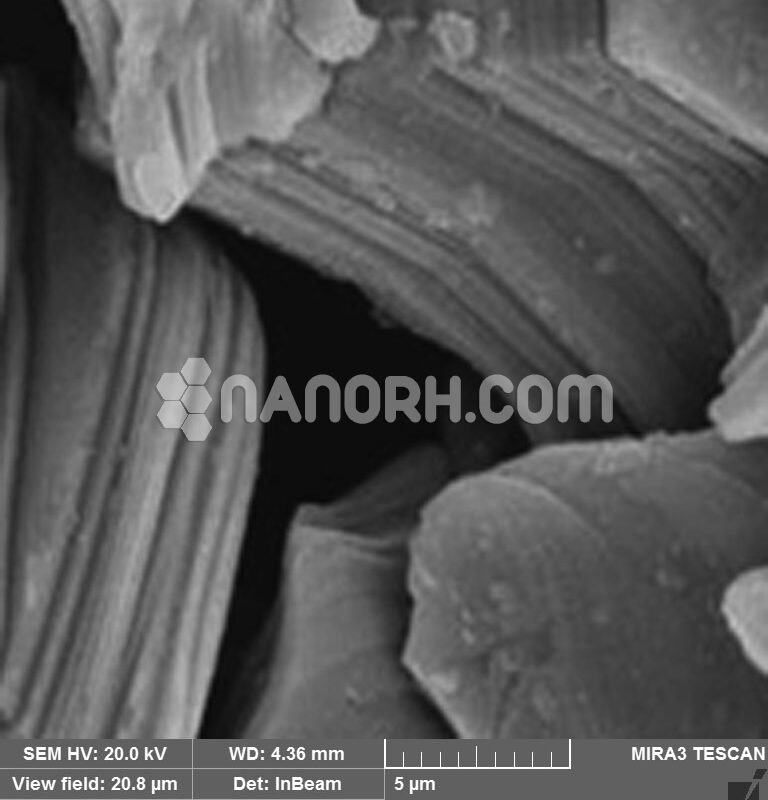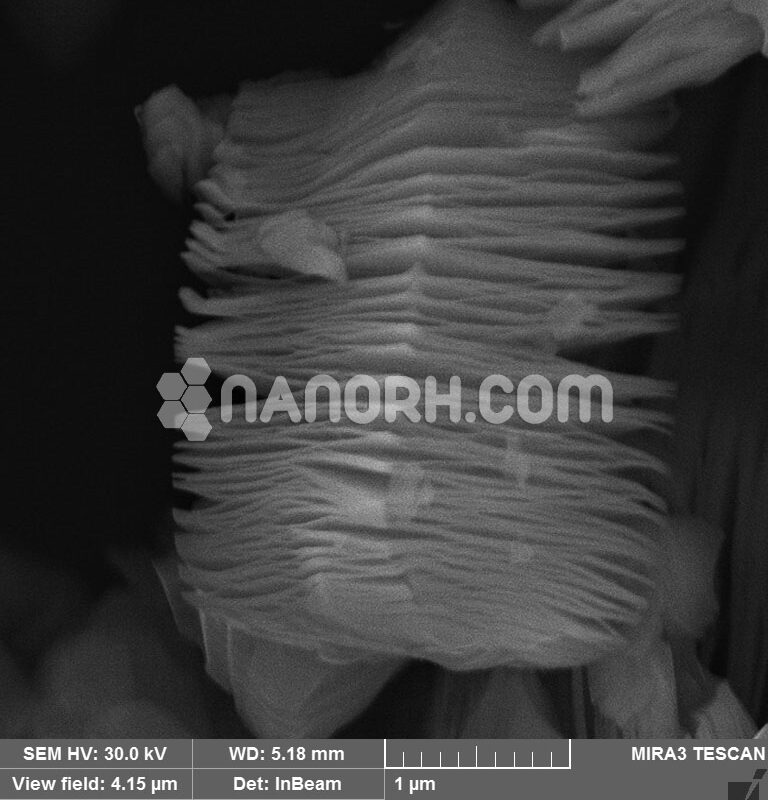|
Aluminium Silicon Carbide MAX Phase Powder |
|
| Product No. | NRE-58021 |
| CAS No. | NA |
| Formula | AlSiC |
| Molecular Weight | 67.07 g/mol |
| APS | < 40 μm |
| Purity | 99.9% |
| Form | Powder |
Aluminium Silicon Carbide MAX Phase Powder
Aluminium Silicon Carbide MAX Phase Powder (Al-SiC) MAX phase powder is a type of material that combines the beneficial properties of metals and ceramics. MAX phases are a family of layered ternary carbides and nitrides that exhibit a unique combination of metallic and ceramic characteristics.
Properties and Characteristics
Thermal Conductivity: AlSiC have excellent thermal conductivity, which makes them suitable for applications requiring efficient heat dissipation.
Mechanical Properties: These materials exhibit high strength and hardness due to their ceramic nature, combined with the machinability and thermal shock resistance typically associated with metals.
Oxidation Resistance: AlSiC generally possess good oxidation resistance, making them stable in high-temperature environments.
Electrical Conductivity: Unlike many ceramics, MAX phases are good conductors of electricity, which opens up possibilities for their use in electrical applications.
Synthesis and Processing
Raw Material Selection: High-purity aluminium, silicon, and carbon sources are selected as the starting materials.
Mixing and Ball Milling: The raw materials are mixed in the desired stoichiometric ratio and often subjected to ball milling to achieve a homogeneous mixture.
High-Temperature Sintering: The mixed powder is then sintered at high temperatures (usually above 1000°C) in an inert or reducing atmosphere. This step allows for the formation of the MAX phase.
Post-Synthesis Treatment: The resulting sintered material may undergo additional treatments, such as annealing, to improve its structural and phase purity.
Applications
Aerospace: Due to their high strength-to-weight ratio and thermal stability, Al-SiC are used in aerospace components, including turbine blades and heat shields.
Electronics: The electrical conductivity and thermal management properties make these materials ideal for use in electronic devices and components, such as heat sinks and substrates.
Automotive: In the automotive industry, Al-SiC materials are utilized for their wear resistance and thermal stability in engine components and brake systems.




